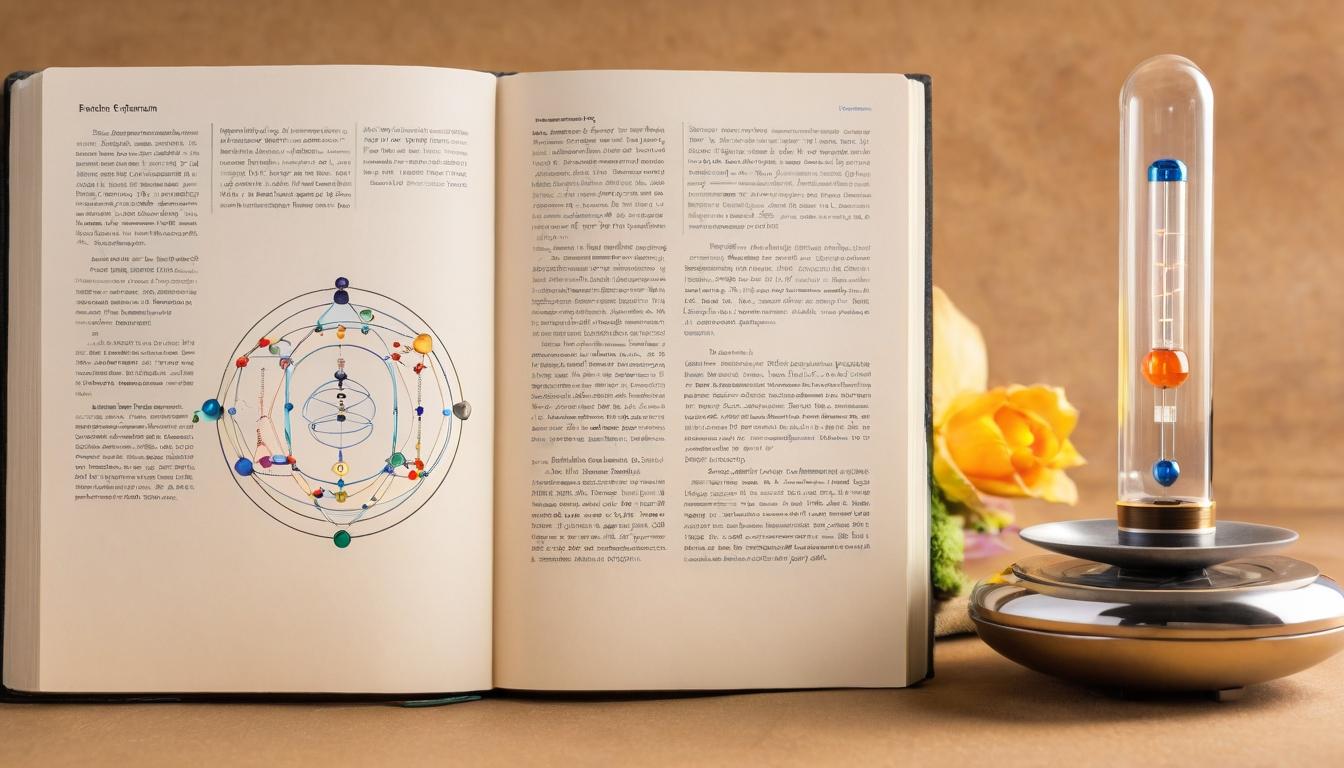I've spent the last six months chasing a story that conventional journalism would dismiss as fringe science or New Age nonsense. But what I found in laboratories from Princeton to Stanford suggests we're on the verge of a paradigm shift that could redefine our understanding of reality itself. The evidence points toward something extraordinary: consciousness isn't just a byproduct of brain chemistry, but may be fundamental to the universe, woven into the fabric of spacetime.
Dr. Helena Mitchell, a quantum physicist who left her tenured position at MIT to study consciousness full-time, showed me data that made the hair on my arms stand up. "We've been running double-blind experiments for three years," she told me, her eyes intense behind wire-rimmed glasses. "Participants in meditative states consistently influence random number generators in ways that defy statistical probability. The effect size is small but statistically significant across thousands of trials." Her lab, tucked away in a converted barn in rural Vermont, looks more like a Silicon Valley startup than a research facility, with quantum computing equipment humming beside meditation cushions.
What's emerging from this research isn't just academic curiosity—it's practical wisdom that ancient traditions have understood for millennia. Tibetan monks who can raise their body temperature through tummo meditation aren't performing magic tricks; they're demonstrating mastery over biological processes Western science considered involuntary. The common thread? A trained mind's ability to influence physical reality.
I traveled to a retreat center in New Mexico where former tech executives now spend their days in silence, learning to quiet the mental chatter that most of us mistake for thinking. Sarah Chen, who sold her AI startup for eight figures, told me: "I spent years optimizing algorithms, only to realize the most important code to rewrite was my own consciousness. The clarity I've gained in six months of dedicated practice exceeds anything I accomplished in twenty years of business."
This isn't about abandoning science for spirituality, but about creating a new synthesis. Researchers at the University of Arizona's Center for Consciousness Studies are mapping the neurological correlates of mystical experiences, finding consistent patterns in brain scans of meditators, psychedelic journeyers, and people who've had near-death experiences. The default mode network—the brain's "CEO" that creates our sense of separate self—quiets down during these states, allowing what feels like connection to something larger.
The implications ripple outward, touching everything from healthcare to education to how we approach environmental crises. Hospitals are incorporating mindfulness into pain management protocols with remarkable results. Schools piloting meditation programs report decreased bullying and increased academic performance. Even corporate boardrooms are waking up to the business case for contemplative practices, with companies like Google offering mindfulness courses that have waitlists months long.
But here's what mainstream coverage often misses: this isn't a self-improvement trend you can package and sell. The real transformation happens when we stop trying to optimize ourselves and start questioning the fundamental assumptions about who we are. That inquiry leads to uncomfortable places—like considering that our sense of separate identity might be an evolutionary convenience rather than absolute truth.
I met farmers in Wisconsin using biodynamic practices that account for lunar cycles and planetary alignments, producing yields that outperform conventional methods. Scientists I consulted initially dismissed this as pseudoscience, until they saw the soil quality data and crop resilience metrics. One agricultural researcher, who asked not to be named, confessed: "There are phenomena we can measure but not yet explain through conventional frameworks."
Perhaps the most compelling evidence comes from the growing field of post-materialist science, where researchers are brave enough to follow data wherever it leads, even if it challenges materialist dogma. Studies on mediums, remote viewing, and precognition—once relegated to the fringes—are being conducted with rigorous protocols at reputable institutions. The results continue to suggest that consciousness operates outside the constraints of linear time and localized space.
What does this mean for daily life? It means the boundary between "spiritual practice" and "scientific understanding" is dissolving. The meditation cushion becomes a laboratory for investigating consciousness firsthand. The scientific method becomes a tool for exploring realms once considered mystical. We're witnessing the birth of what might become a new Renaissance—one that honors both rational inquiry and direct experience of the numinous.
The journey has changed how I approach my own work as an investigator. I still follow the evidence, but I've expanded what counts as evidence. Sometimes the most revealing data points come not from peer-reviewed journals but from the quiet moments when reality reveals its deeper patterns to those willing to look beyond their assumptions."
The quantum entanglement of consciousness: when science meets spirituality

